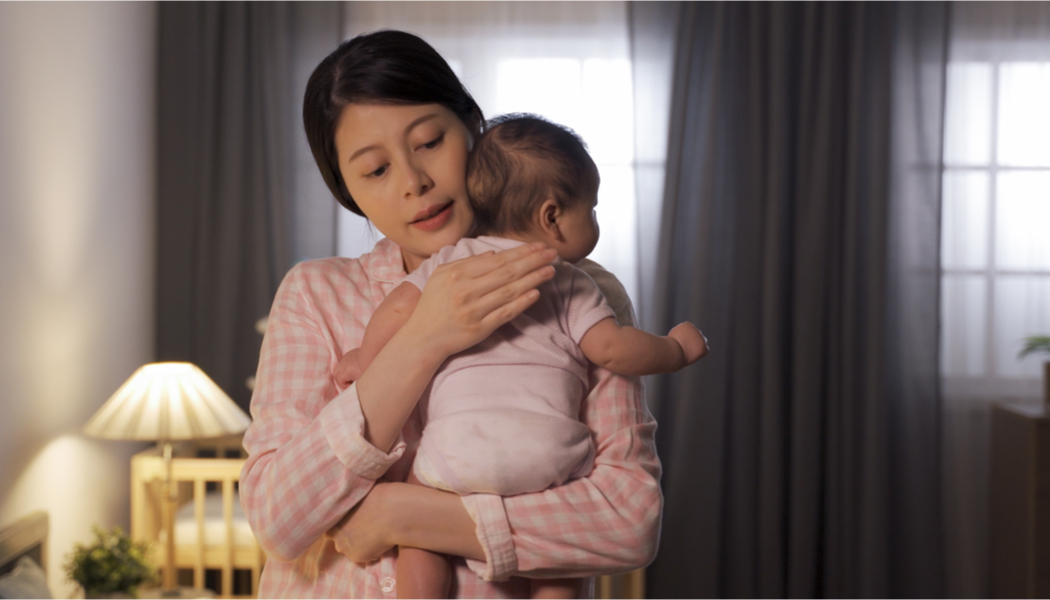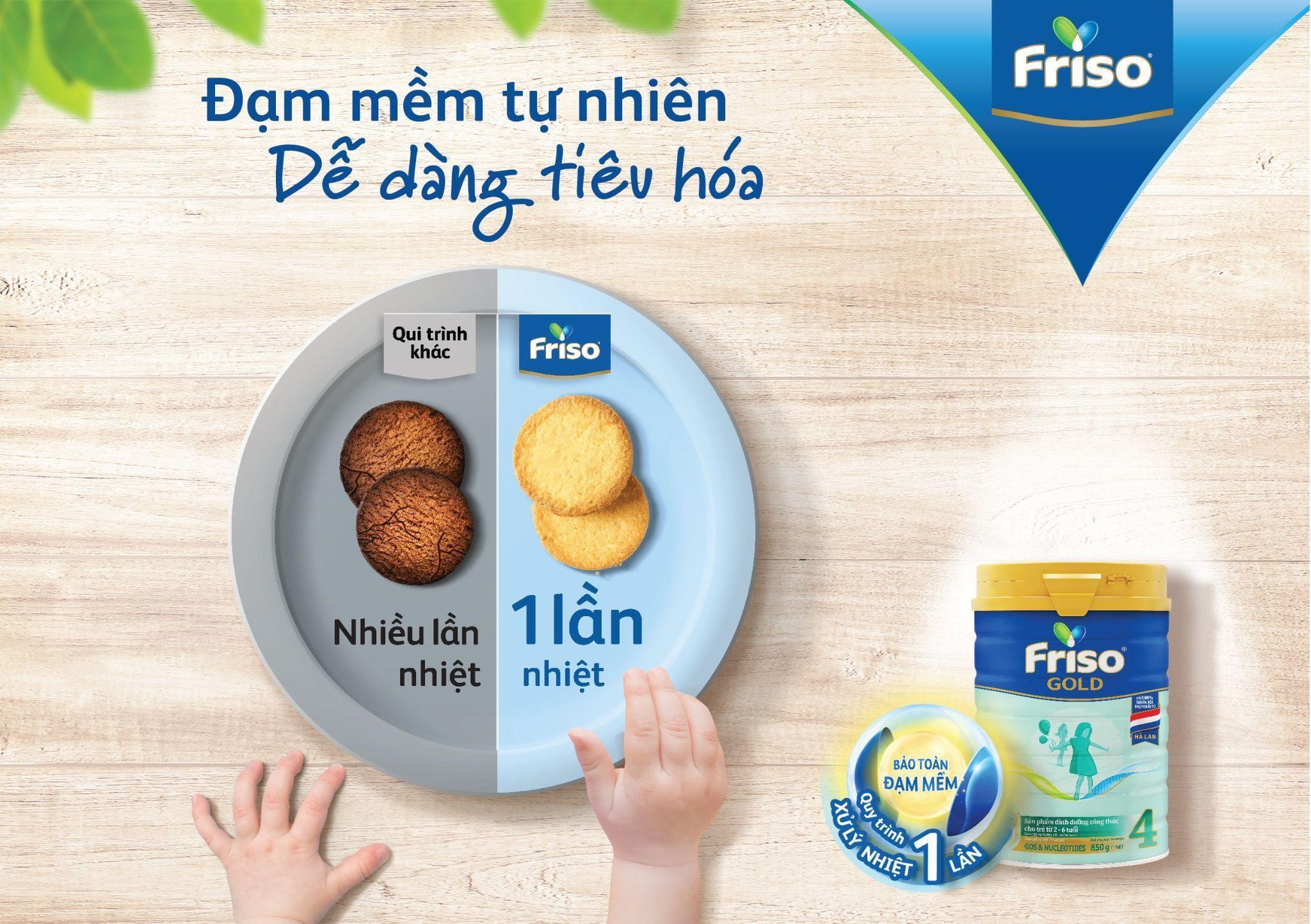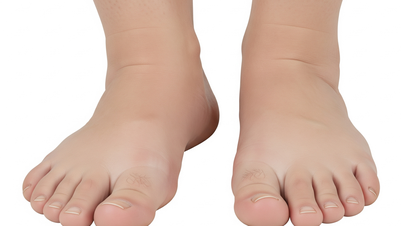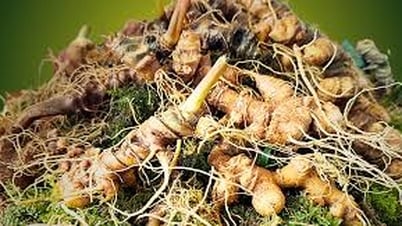Causes of vomiting in children
Vomiting is the process by which food in the stomach is forced up the esophagus and out of the mouth. Younger children are more likely to vomit, and this condition often occurs after they drink milk or eat.
Vomiting in children can be caused by many reasons:
The first: Vomiting in newborns can be a normal physiological phenomenon, because the baby's digestive system is not yet complete, immature, the stomach is horizontal, the stomach bottom is flat and the epigastric muscles are not yet developed. When the baby lies on his back, food or milk in the stomach can easily flow back up the esophagus and out.
Second: Vomiting can be caused by the child drinking milk containing denatured protein, which is difficult to digest. Milk protein is very sensitive to temperature, so if it undergoes repeated heating, it will become denatured protein, causing indigestion, making the digestion process of milk in the baby's stomach take longer. In addition, incorrect breastfeeding or weaning positions, forcing the child to eat too much, feeding too much, lying down immediately after feeding, etc. are also some of the causes of vomiting in children.
Third: In some cases, vomiting is a manifestation of digestive diseases such as gastric reflux, gastroenteritis, respiratory infections, intestinal obstruction, intussusception,...

Vomiting in children can be due to an incomplete digestive system or a warning sign of digestive diseases.
How many months does a baby stop vomiting?
Depending on the cause, the time it takes for each child to stop vomiting will be different:
- If physiological vomiting is due to an immature digestive system, this condition will go away on its own as the child gets older.
- If vomiting is related to milk or an unsuitable weaning diet, mothers need to consider the type of milk their child is drinking or adjust their weaning diet to limit vomiting. Specifically:
- Divide meals into small portions and do not force children to eat when they refuse.
- Feed your baby properly, avoiding swallowing too much air.
- Pat the baby to burp after feeding and do not play with or rock the baby... when the baby is full.
- Consider changing to a new milk for your child if the current milk causes vomiting. Milk protein is an important factor that determines the quality of formula milk, the child's ability to digest and absorb nutrients. Milk protein that has been heated many times will have its structure destroyed, causing indigestion, bloating, vomiting, etc.
- In case of vomiting related to illness, mothers should quickly take their children to see a specialist for proper diagnosis and treatment.
Signs that you should take your child to see a doctor
If your child vomits for a long time or has unusual symptoms such as fever, abdominal pain, continuous vomiting, convulsions, dry mouth, little urine, bloody stools, etc., you should take your child to see a doctor for timely treatment to ensure their health.
So, how many months it takes for a baby to stop vomiting depends on the cause of the vomiting. Mothers should pay attention and take their baby to see a doctor for advice on how to handle and care for their baby properly.
Friso Gold - Healthy digestion, fast absorption
Friso Gold helps babies feel comfortable, have good digestion, and absorb quickly thanks to its one-time heat treatment process, preserving more than 90% of milk protein in a soft, natural, and easy-to-digest structure. From there, it helps children to have less vomiting, sleep well, have regular bowel movements with beautiful stools, and limit many other digestive problems.
Thanks to a healthy digestive system, the baby's "young belly" is also soothed, comfortable and sleeps better and deeper. Along with that is the delicious, light milk flavor, easy for children to like thanks to the formula that does not contain sucrose.

Friso Gold has small soft proteins that help children feel comfortable, have good digestion, and absorb quickly.
Buy genuine Friso milk products: HERE .
This product is a supplementary food and is eaten in addition to breast milk for children over 6 months old.
Source link




























































































Comment (0)